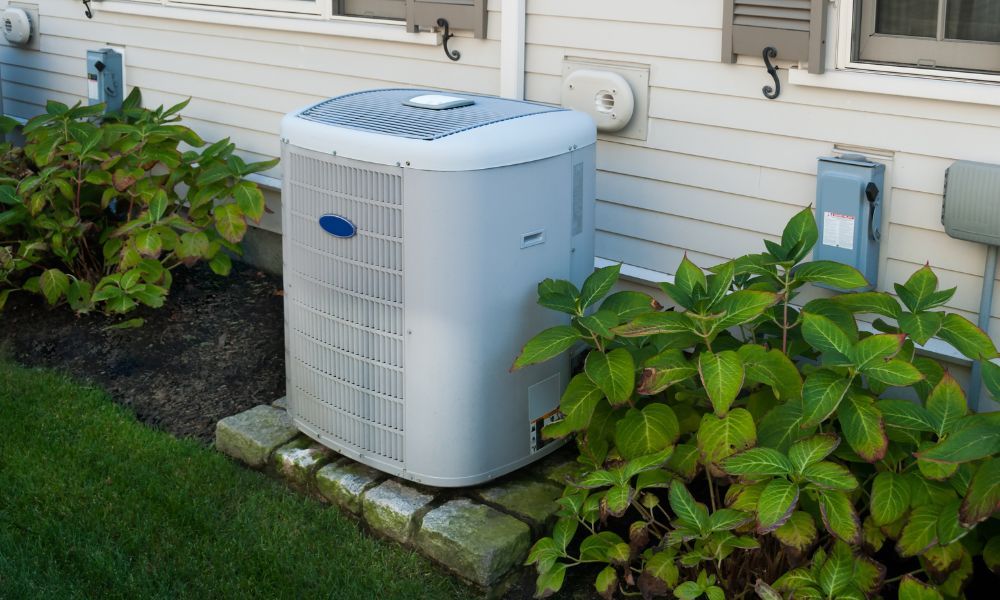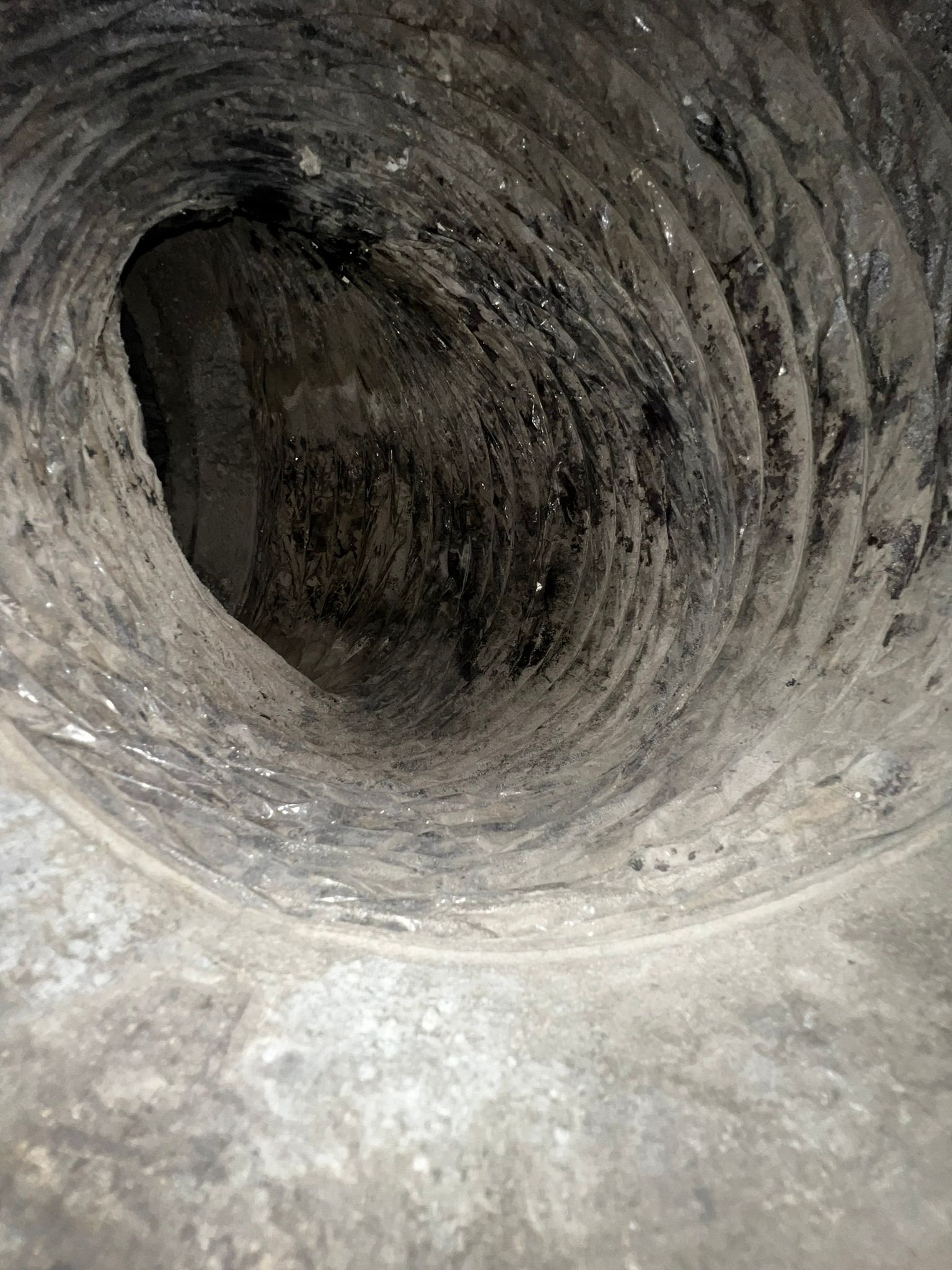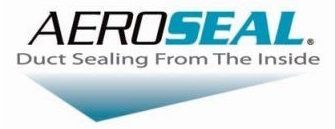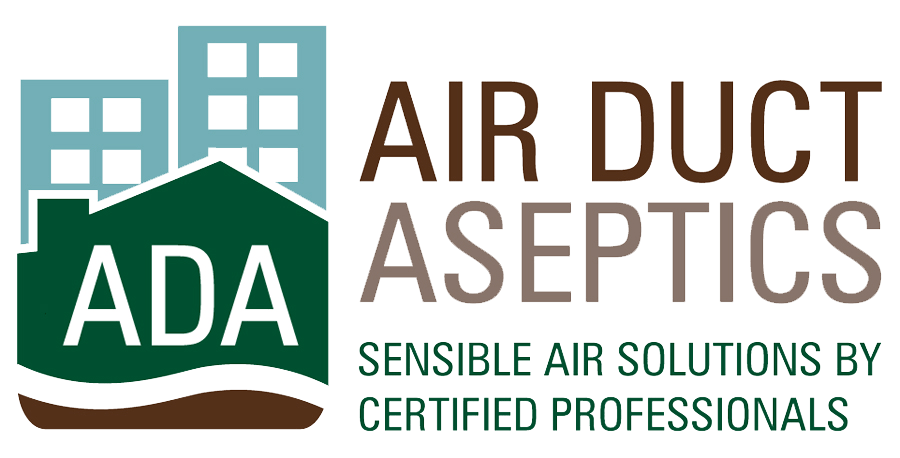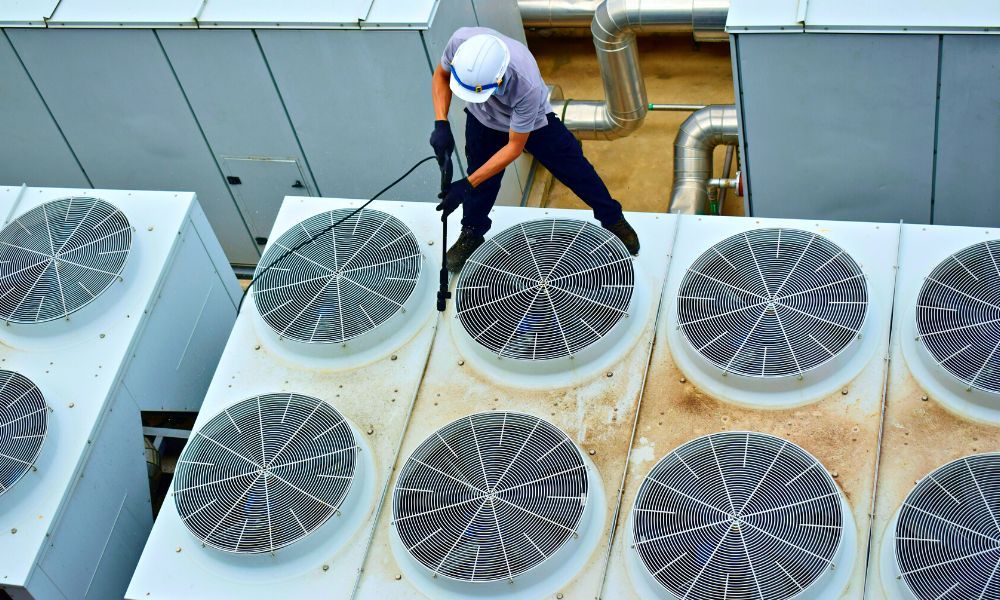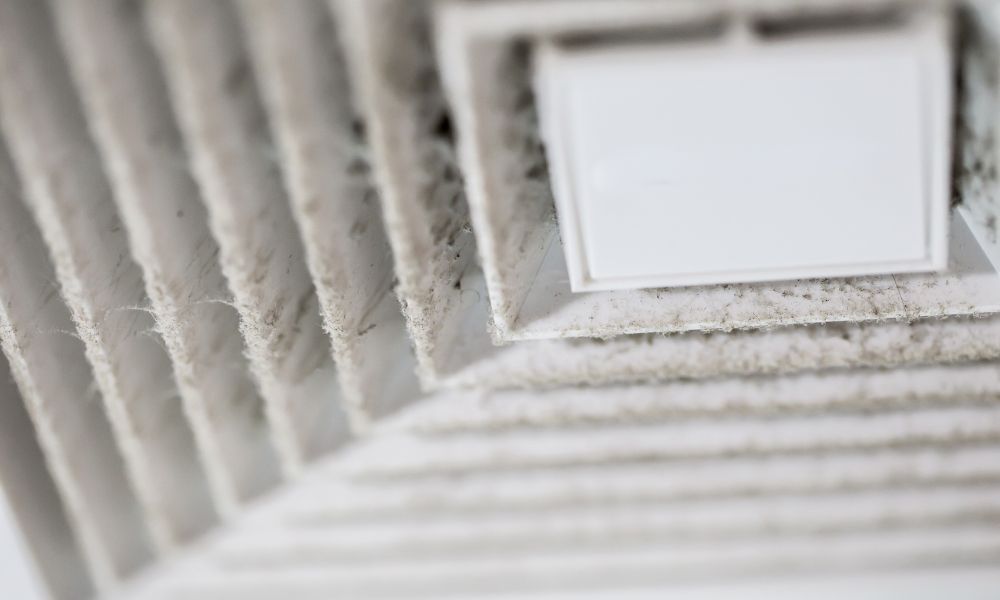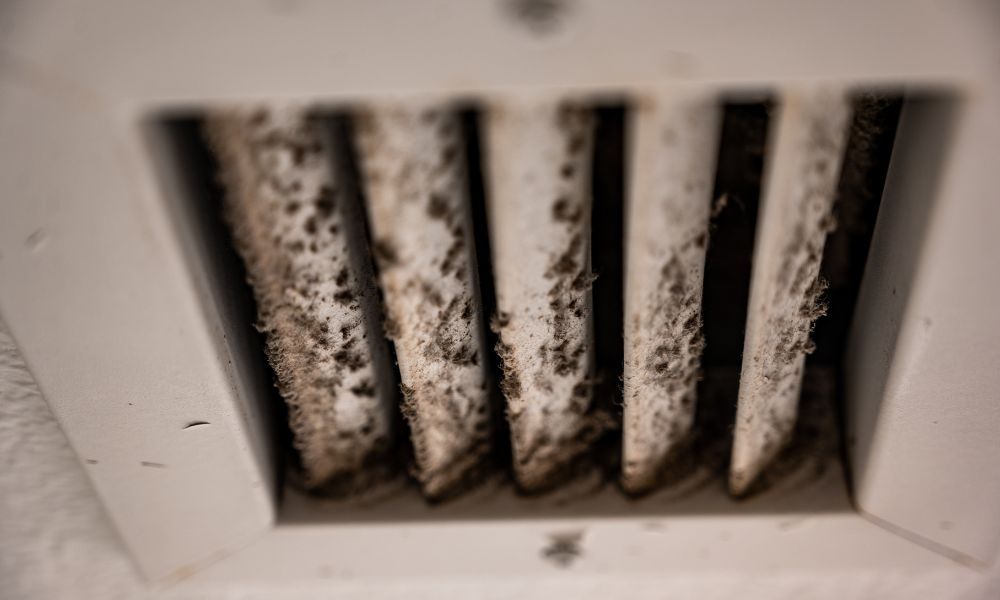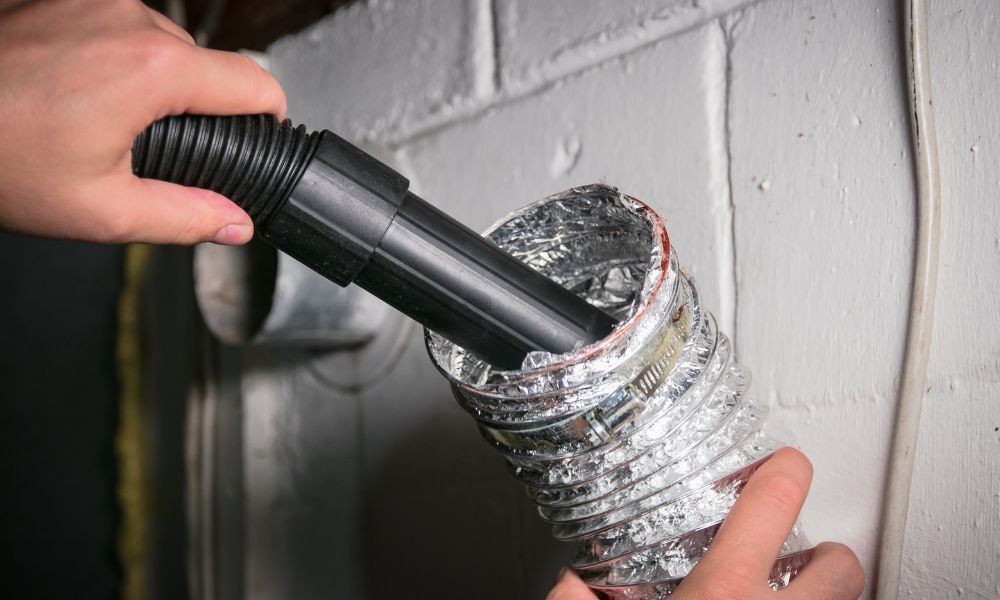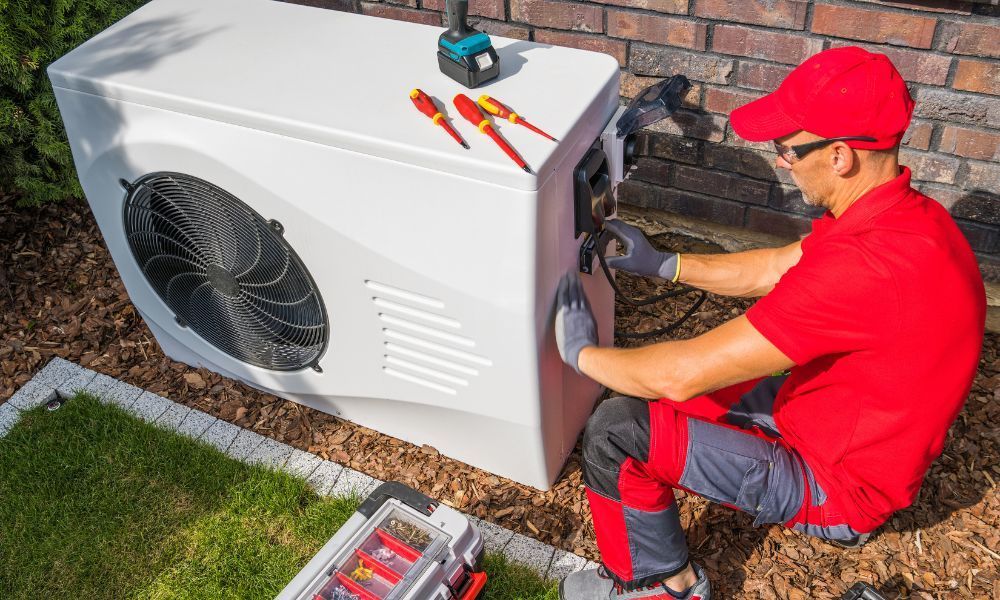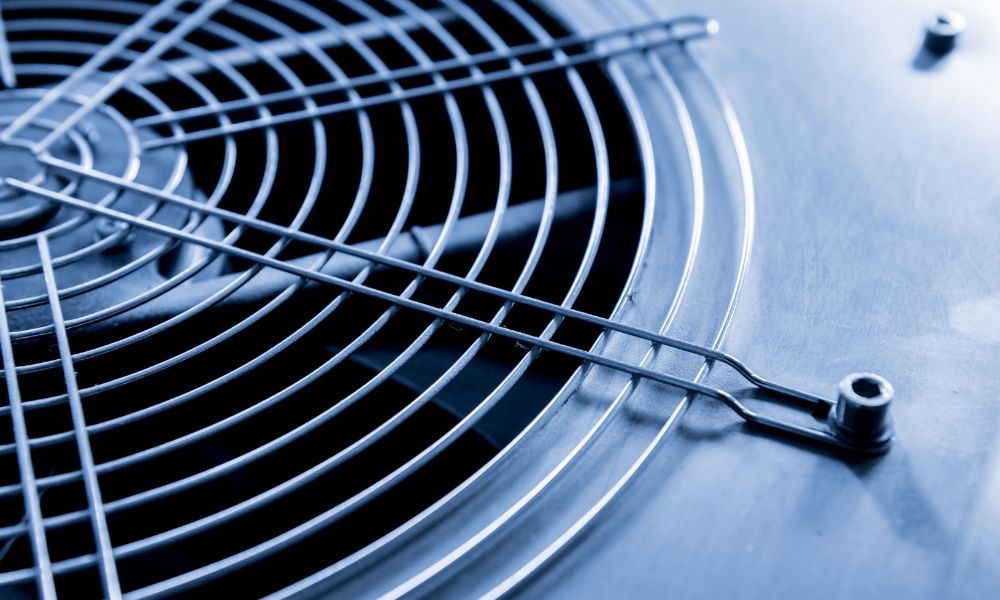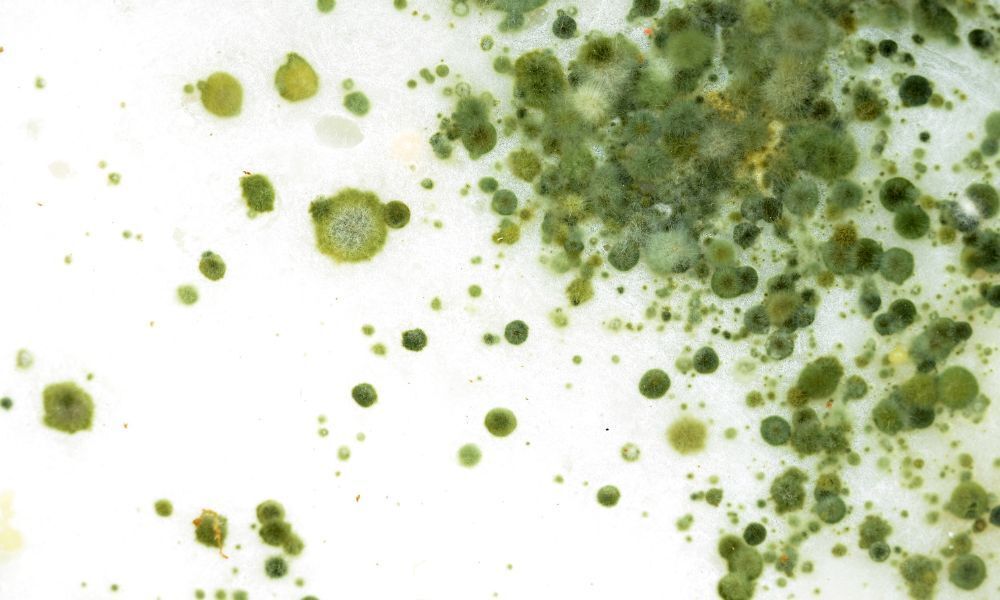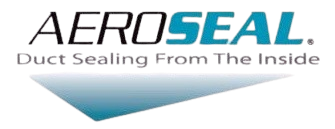January 13, 2026
However, humidity plays a crucial role in how comfortable and breathable the air feels. High humidity can make the air feel warmer than it is, leading to discomfort, while low humidity can cause dryness, irritation, and even damage to furniture or electronics. Air conditioners, when set to "Auto," are actually designed to help manage both temperature and humidity levels effectively. Here's why keeping your AC unit on "Auto" is crucial for proper indoor relative humidity control. 1. Air Conditioners Naturally Remove Moisture One of the key benefits of air conditioning systems is that they don't just cool the air—they also remove moisture. When warm, humid air passes through the cooling coil in the AC, the air cools down, and water vapor in the air condenses into droplets, which are then drained out. This process is called dehumidification. Continuous Dehumidification: When your AC is set to "Auto," it runs the compressor and fan in sync. As the air is cooled, moisture is naturally removed, keeping the indoor humidity at a comfortable level. Efficient Moisture Removal: In "Auto" mode, the system automatically adjusts its operation based on the temperature and humidity levels, ensuring that moisture is removed without overcooling or undercooling the space. This is particularly important in Florida. In contrast, if the AC is set to "Fan" mode, the cooling cycle isn't engaged. This means the compressor isn’t running, so the system won’t remove moisture from the air, even though the fan is circulating it. As a result, the humidity may remain high, making the space feel clammy or uncomfortable. 2. Prevents Overcooling and Excessive Dryness When set to "Auto," the air conditioner runs based on the thermostat’s readings and maintains a comfortable indoor environment both in terms of temperature and humidity. In this mode: Optimal Humidity Balance: The system automatically cycles on and off, cooling the air and removing moisture only when necessary, which helps maintain a comfortable level of humidity (generally between 30-50%). Prevents Overcooling : If the AC is set to "Fan" mode, the cooling cycle isn’t active, meaning the unit might continue circulating humid air without adequately removing moisture. As a result, you might feel too warm and sticky. Alternatively, an overactive dehumidifier (from excessive cooling in manual or "Cool" mode) could over-dry the air, leading to discomfort like dry skin, itchy eyes, and static electricity buildup. "Auto" mode strikes a balance by turning off the cooling cycle once the desired humidity and temperature levels are reached, preventing the air from getting too dry while still providing comfort. 3. Better Control Over Humidity Fluctuations Humidity can fluctuate throughout the day depending on external weather conditions, internal activities (like cooking, showering, or drying clothes), and the air conditioning’s cooling cycle. In "Auto" mode, the thermostat continuously monitors both temperature and humidity, allowing the air conditioning unit to adjust accordingly. Responsive to Environmental Changes: When humidity levels rise (for example, on a hot, humid afternoon), the AC will activate to cool the air and remove moisture, restoring the indoor environment to a more comfortable state. Prevents Overcooling or Under-Dehumidification : If you run the AC on "Fan" mode, the unit won't adjust to these fluctuations, which means you might experience too much humidity or excessive dryness, depending on the time of day or outside conditions. With "Auto" mode, the system is responsive and keeps the indoor environment consistent, preventing uncomfortable changes in humidity. 4. Improved Air Quality Humidity plays an important role in indoor air quality. Excess humidity can encourage the growth of mold, mildew, and dust mites, which thrive in damp environments. Too little humidity, on the other hand, can lead to dry nasal passages, throat irritation, and respiratory discomfort. Humidity Control Helps Prevent Mold : By maintaining balanced humidity levels, an AC in "Auto" mode helps prevent the conditions that promote mold and mildew growth, reducing the risk of indoor allergens that can trigger respiratory issues or allergies. Cleaner, Fresher Air: Since air conditioners also filter the air as they cool it, "Auto" mode will ensure that the air you breathe is not only temperature-controlled but also filtered and dehumidified, improving overall air quality. 5. Enhanced Comfort in Humid Climates In Florida, with our high humidity, especially coastal regions and during the summer months, air conditioners can help maintain comfortable indoor conditions by regulating both temperature and humidity levels. Humidity makes the air feel warmer than it actually is, leading to discomfort, sweating, and increased energy usage as you try to stay cool. Sustained Comfort : With "Auto" mode, the AC works as a combined temperature and humidity control system, ensuring that the space is both cool and dry without overcooling or under-dehumidifying. This is essential for feeling comfortable in places where both temperature and humidity levels fluctuate often. Improved Sleep Quality: For those who sleep in areas with high humidity, the constant fluctuation in moisture levels can interfere with rest. By using "Auto" mode, the AC helps keep the room’s humidity steady, preventing discomfort that could disturb sleep, such as feeling too sticky or too dry. 6. Energy Savings with Humidity Control You might assume that "Fan" mode, which keeps the fan running constantly, could help reduce energy usage, but this is not the case when considering humidity control. In fact, "Fan" mode does not provide any dehumidification, leading to higher indoor humidity and discomfort. You may feel the need to adjust the temperature lower, making the AC work harder to cool the room without removing moisture. Auto Mode for Efficiency : When the AC is in "Auto" mode, the compressor and fan only run as needed to maintain the desired temperature and humidity. This is the most energy-efficient setting for controlling both temperature and moisture levels, as the system runs at full capacity when required, but doesn’t waste energy when the ideal environment is already achieved. Conclusion Setting your air conditioning unit to "Auto" mode is essential for effective indoor humidity control. It ensures that the system cools and dehumidifies the air simultaneously, maintaining comfortable and balanced humidity levels that improve both comfort and air quality. In contrast, using the "Fan" setting may leave humidity levels unchecked, leading to an environment that feels either too humid or too dry, potentially causing discomfort and poor air quality. Reference: ASHRAE: Top Ten Things Consumer Should Know About Air Conditioning EPA : What Are The Main Ways To Control Moisture In Your Home For optimal comfort, health, and energy efficiency, keeping your AC in Auto mode ensures that both temperature and humidity are constantly monitored and adjusted as needed, providing the most balanced, efficient, and comfortable indoor climate. As always, we are here to help! Call us today 888-707-7763
